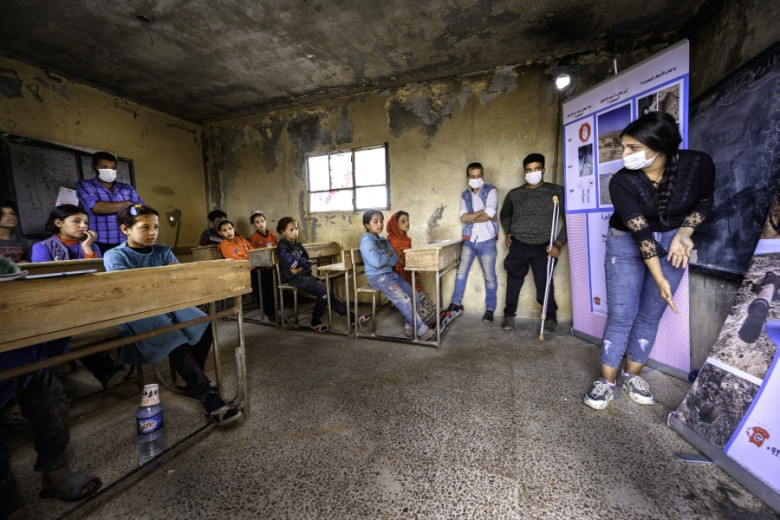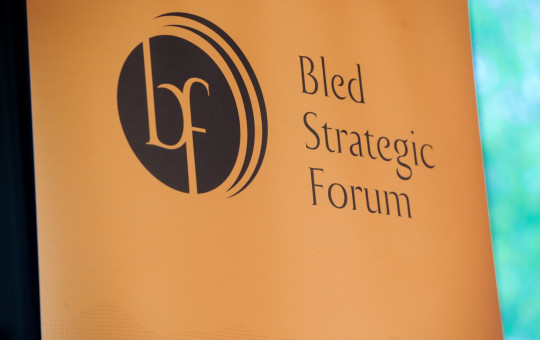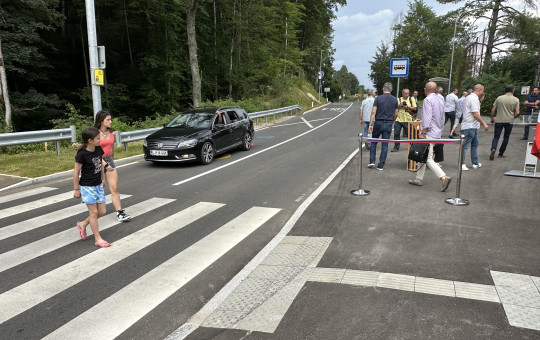ITF Enhancing Human Security was established in 1998 at the initiative of the Government of the Republic of Slovenia, with the initial purpose to help Bosnia and Herzegovina in the implementation of the peace agreement and to provide assistance in clearing the land contaminated with mines. Over the past 25 years, ITF has expanded its operations to many other countries and territories.
From the outset, ITF's mission has been to strengthen security and facilitate the reconstruction and development of countries affected by armed conflicts. ITF is focused on the immediate and long-term consequences of mines, explosive remnants of war and other hazards that remain after the armed conflict ends.
To this day, the institution, with humanitarian human security programmes exceeding anti-mine action, has been present in 30 countries worldwide, including Kyrgyzstan, Kazakhstan, Afghanistan, Iraq, Syria, Jordan, Israel and Palestine, Georgia, Armenia, Azerbaijan, Lebanon, Libya, throughout the countries of the Western Balkans and in Moldova and Ukraine.
-
ITF's the initial purpose to help Bosnia and Herzegovina in the implementation of the peace agreement and to provide assistance in clearing the land contaminated with mines. Photo: Arne Hodalič
-
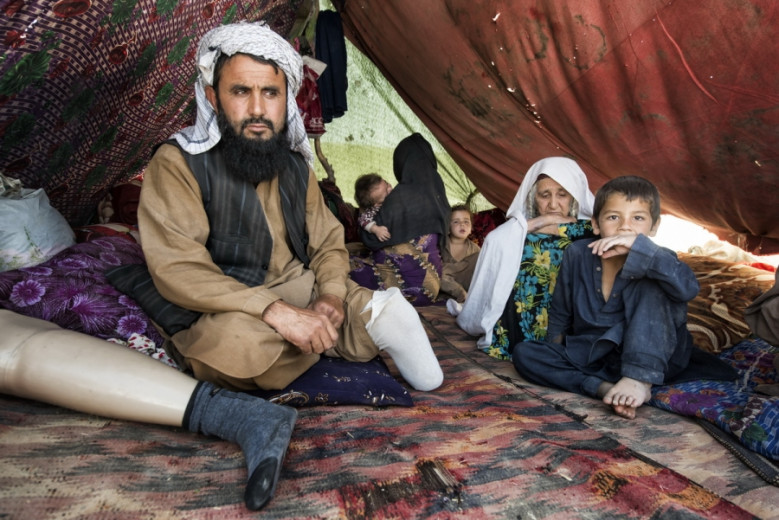
The organization is active also in Afghanistan. Photo: Arne Hodalič
-
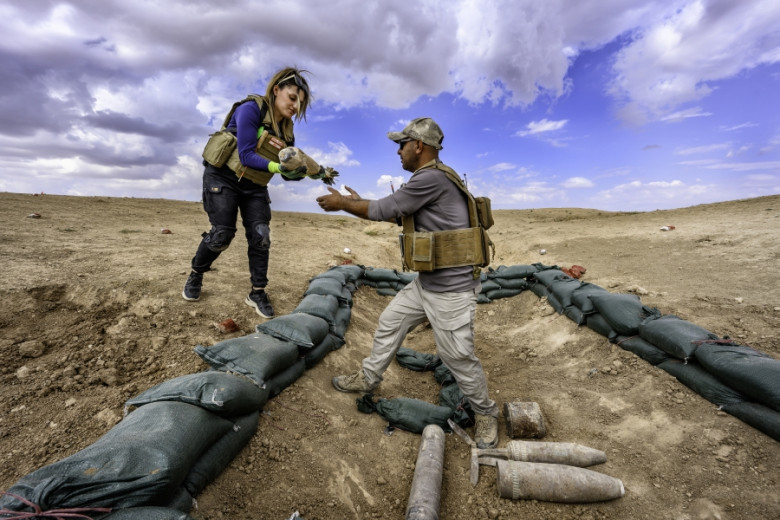
Since 1998 ITF has expanded its operations to many other countries and territories, also in Syria. Photo: Arne Hodalič
By means of fund raising, ITF opens and promotes projects and programmes in the following areas:
- Clearance of landmines and ERW, including cluster munitions;
- Risk education enhancing safety of at-risk communities, thereby reducing the risk of injury and death;
- Victim assistance in support of socio-economic reintegration, health and psychosocial well-being of landmines/ERW victims;
- Capacity building with the purpose of developing effective and resilient national capacities at the community or state level, which will be able to address the mine/ERW problem and other post-conflict challenges over a number of years and thereby contribute to further recovery and development;
- Physical security and stockpile management (PSSM) involving safe and secure storage of weapons and ammunition and provision of professional training on best approaches and relevant procedures to be applied for the effective management of weapons and ammunition stockpile;
- Destruction of surplus weapons and ammunition is a process of safe and final conversion of weapons and ammunition into an inert state, in which basic functionality is no longer possible;
- Advocacy generating publicity and raising awareness concerning mine impact and the dangers posed by unexploded ordnance.
ITF currently operates with humanitarian human security programmes in 19 countries around the world. In recent years, the most important donor countries are Slovenia, the United States of America, the European Commission, Germany, Austria, the Republic of Korea, Japan, the Czech Republic, Serbia, the Central European Initiative, and in previous years also Turkey, Spain, Hungary, OPEC, Luxembourg, Switzerland, Canada, Norway and a range of private donors.
In the last twenty-five years, ITF has cleared over 191 million square meters of mine-contaminated areas, assisted in the physical rehabilitation of 1,600 people and provided urgent psychosocial assistance to 32,000 individuals.
The ITF has educated nearly one million individuals about the dangers of mines and other unexploded ordnance and removed nearly 350,000 mines and other unexploded ordnance, saving at least as many lives. As part of its programmes, ITF destroyed over 7.5 million pieces of surplus weapons and ammunition.
Date: 25. April 2023
Time to read: 3 min


